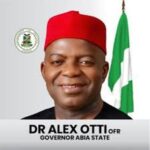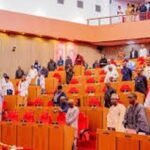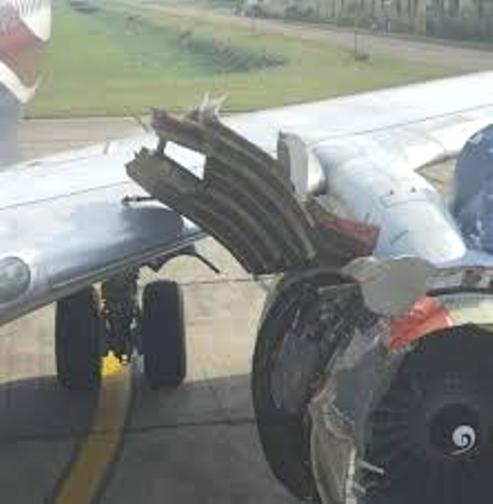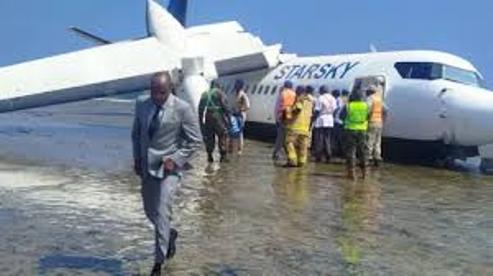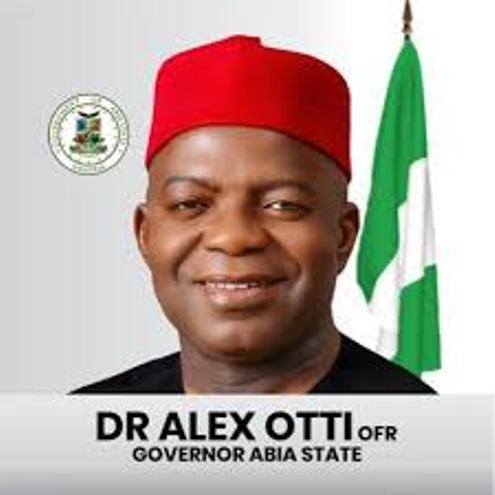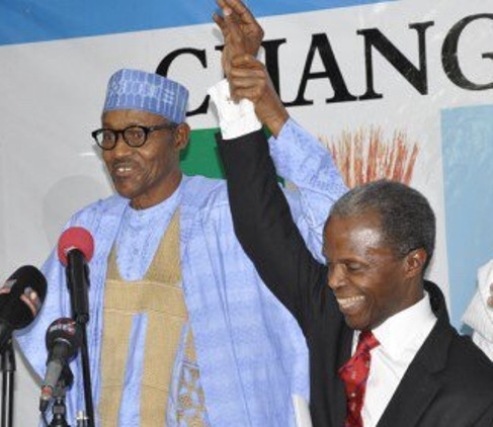
LAGOS SEPTEMBER 4TH (NEWSRANGERS)-A full three years before the next elections, Nigeria’s president Muhammadu Buhari has been forced to deny reports that he will be seeking a third term in 2023.
The conspicuous early denial is a measure of just how intense politicking is expected be in Africa’s most populous country ahead of its next elections. With president Muhammadu Buhari required to leave office after serving a second term, Nigerians will be voting to elect a new president in 2023—and that represents too much of an opportunity to serve as a distraction for members of the political class.
Already, there are murmurs of a fractured relationship between camps of president Buhari and his deputy, Yemi Osinbajo. It’s significant given the vice-president was initially mooted as Buhari’s de facto successor and flag-bearer for the All Progressives Congress (APC) party in 2023.
Osinbajo enhanced his case when he took over the reins of government from Buhari who spent 150 days abroad treating an undisclosed ailment in 2017. As acting president, Osinbajo appeared more proactive and hands-on than his principal and, crucially, the London School of Economics-trained professor also appeared more modern and in-touch with the electorate given his charm and consistently popular photo-ops.
As political calculations go, a split between Buhari and Osinbajo will open the door for another candidate to emerge within APC. And there are already indicative early signs: 2023 presidential campaign posters for Adams Oshiomole, the national chairman of APC have popped up. Similarly, presidential campaign posters for Bola Tinubu, a major APC chieftain in the south west voting bloc, have also emerged in his Lagos stronghold. It also won’t be surprising to see state governors or federal lawmakers who have an eye on the presidency declare their intentions early as well.
There’s a reason for the seeming urgency for an election that’s still years away.
“The force of Buhari’s personality will no longer be in play in 2023,” says Tunde Leye, partner at SBM, a Lagos-based intelligence firm. With Buhari expected to step away from power, an election without his popularity proving a draw for voters is appealing for prospective aspirants. But the election can also be viewed as a generational shift as well. “Buhari is the last of the class of 1966—the military men who took over in the counter coup—that will be president. By 2023, most of them will be in their 80s and their influence is not going to be significant any longer,” Leye says.
“The problem that [many potential successors] see is that the window of opportunity is short. Whoever loses out in 2023 is unlikely to ever have another similar opportunity because whoever wins will have eight years to rule,” he adds. The fact that Buhari does not appear to be grooming an obvious successor also reinforces the idea of a free-for-all in 2023.
But there’s a cost to the early politicking though as actual governance will likely slow down as is usually the case months before elections. This time, given the higher stakes, the slowdown effect may kick in much sooner. The resulting political uncertainty will also have a knock-on effect on Nigeria’s sluggish economy with businesses and investors likely becoming more tentative about spending until after elections.
Quartz
Nigeria: Political Calculus For Next Presidential Elections Kicking Off Three Yrs Early



